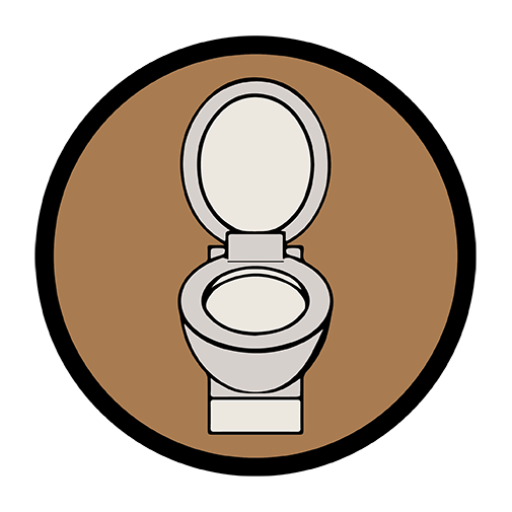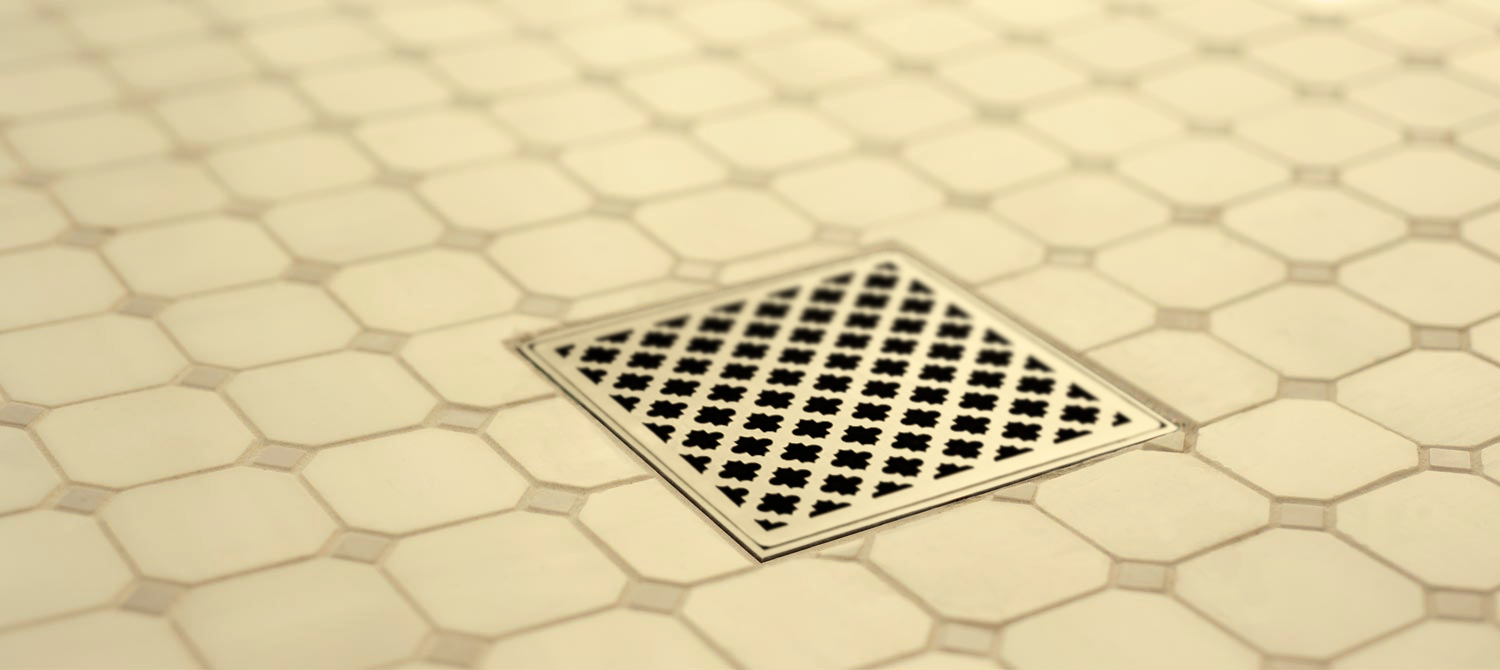To pee or not to pee?
While you’re having a shower and you’re completely naked, the sound of water and that feeling of cold can encourage you to free your bladder. Moreover, the water is running and pee is going to be washed away.
Many people pee in the shower while they’re having it but nobody admits it. Another point that probably goes through your mind is that you have heard that urine is sterile, so you can pee on yourself without problems. Is that true?
Pee is mostly water, according to the Mayo Clinic. However, it can contain a bunch of other stuff, too, Stephanie Kielb, a urologist at the Northwestern University Feinberg School of Medicine says. That includes urea (a waste product that forms when your body breaks down proteins), urochrome (a pigment that gives pee its color), creatinine (a waste product that forms with the normal breakdown of muscle), and ammonia (a compound that can give your pee a really strong smell when it gets too concentrated). If you’re on certain medications or take water-soluble vitamins, you may secrete those in your pee, too, Dr. Kielb says.
These various components travel from your kidneys as a fluid through ureters and into your bladder, according to the U.S. National Library of Medicine. Your pee hangs out there until you’re ready to let lose that stream with sweet relief.
So, pee isn’t actually sterile. If you thought it, don’t blame yourself. For a long time, many scientists thought the same.
The idea stemmed from the belief that the urinary tract (which includes the bladder) was understood to be sterile, most likely because the techniques used for detecting bacteria in this area were limited. However, emerging research points to the presence of a bladder microbiome, or bacteria that normally live in harmony inside of this organ, Dr. Kielb says. Just as your gut has microbiomes, so does your urinary tract, which means some of these bacteria can wind up in your pee. This doesn’t necessarily mean anything bad; bacteria in your urinary tract can actually help keep that part of your body healthy, as they do with your gut.
However, if you have a health issue like a urinary tract infection (UTI), bacteria can also get into your pee, David Kaufman, director of Central Park Urology (a division of Maiden Lane Medical), and an assistant professor of Clinical Urology at the Weill Cornell Medical School, says.
Theoretically, harmful bacteria from your pee could get into any wounds on an area like your legs and cause an infection, Gary Goldenberg, assistant clinical professor of dermatology at the Icahn School of Medicine at Mount Sinai in New York City, says. So, if you have a UTI or one is brewing without yet causing symptoms, you could theoretically pee out some bacteria. Of course, men must be more careful. Their urine stream may not involve only legs because their penis can direct pee in various directions.
You might think you’d be aware of any cuts on your skin that would make a bacterial infection more likely, but even something as simple as scrubbing your skin with a physical exfoliator can cause micro-tears that give bacteria an entry point, and so does shaving.
It’s not even close to guaranteed that you’ll get a skin infection simply because little pee streams down your legs (or elsewhere) in the shower, even if you do have an infection like a UTI. Nonetheless, it’s technically a risk to keep in mind.
Aside from the very rare risk of infection that we detailed above, there’s no real health risk to peeing in the shower.
Apart from convenience, many people shower-peeing for environmental impact.
SOS Mata Atlantica Foundation, a Brazilian environmental organization made a video encouraging people to pee in the shower.
They suggested that saving one toilet flush a day would save more than 1,100 gallons of water a year.
And in 2014, two students at England’s University of East Anglia launched a #GoWithTheFlow campaign to save water by urinating during shower time.
In addition, you can also save on your water bill and a little on your toilet paper expenses, too.
Source self.com

